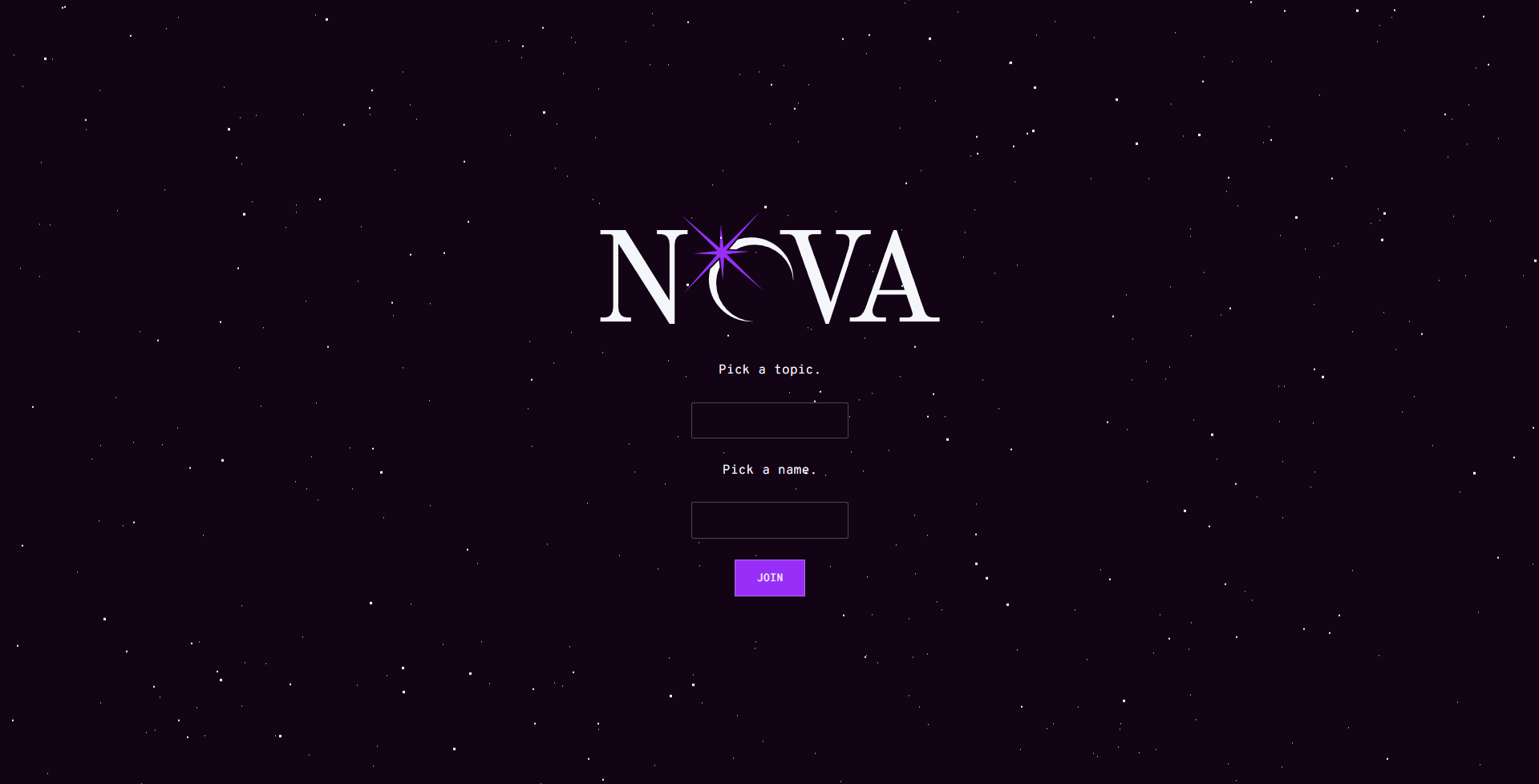A pubsub chat demo using websockets and Nova.
This implementation uses nova_pubsub to store all state in ets. Should the server restart, all current topics are therefore closed and users will need to reconnect.
The client POSTs to:
await fetch(`http://localhost:8080/user/${user}/subscribe`,
{ method: 'POST', body: `{"topic":"${topic}"}` }
)Informing the backend that user wants to subscribe to topic.
%% src/controllers/nova_chat_main_controller.erl
subscribe(#{method := <<"POST">>,
bindings := #{<<"user">> := User}} = Req) ->
{ok, Data, _} = cowboy_req:read_body(Req),
#{<<"topic">> := Topic} = json:decode(Data, [maps]),
nova_pubsub:subscribe(User, Topic),
{json, <<"Subscribed!">>};client now connects to the backend:
socket = new WebSocket(`ws://localhost:8080/user/${user}/ws`)%% src/nova_chat_ws.erl
websocket_init(State) ->
#{<<"user">> := User} = State,
ok = nova_pubsub:online(User, self()),
{ok, State}.This sets user as online on that socket.
When a user wants to write a message, client pushes data on the socket that gets pickuped up by the backend:
socket.send(JSON.stringify(
{ 'topic': 'erlang', 'payload': 'Hello Joe!' }))%% src/nova_chat_ws.erl
websocket_handle({text, Message}, State) ->
Decode = json:decode(Message, [maps]),
#{<<"user">> := User} = State,
#{<<"topic">> := Topic} = Decode,
Json = json:encode(Decode#{<<"user">> => User},
[maps, binary]),
ok = nova_pubsub:publish(Topic, Json),
{ok, State}.Nova looks up all the users that are subscribed to topic, and if they are online pushes this message to client:
{
"topic": "erlang",
"user": "nova",
"payload":"Hello Joe!"
}